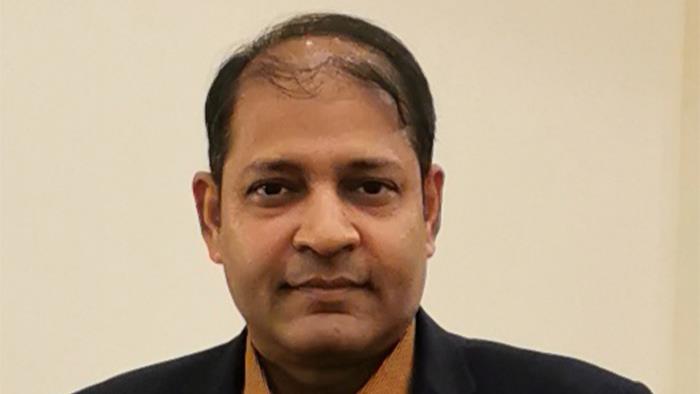
Conflicts are inevitable in our daily life, and occur at every level of society. After all, one cannot expect two or more people to agree on everything, at all times. If managed well, conflicts can actually strengthen relationships and if resolved strategically, they can be the catalysts for growth.
In his research project, Dr. M G Abbas Malik, in collaboration with Dr. Zia Bashir and Saima Mahnaz from Quaid-i-Azam University in Pakistan, presented a game-theoretic model that can compute conflict in a complex information system and arrive at the best resolution.
The team of researchers made use of a model based on the Game-Theoretic Rough Set (GTRS), which comprises of a set of players, strategies for each of the players, and a set of payoff functions in accordance to the Nash equilibrium rules.
In this approach, a game is played between two players at a time. Each player will participate in an effective way to arrive at a final outcome, as a result of their choice of strategy. The player can choose one out of the three strategies available from the set, i.e., they can make an alliance with the other player (agreement), they can abstain from making any definite decision (neutral) or they can choose to make conflict with the other player (disagreement). Each player has access to a set of payoff functions that are designed to lead to a final decision for them. These payoff functions are used to drive a balanced solution through the use of Nash equilibrium rules.
Malik and his team made use of an illustrative example to help demonstrate the effectiveness of the proposed model, testing the model’s ability to manage real world conflict with the Syrian Conflict Problem. One of the main reasons why the GTRS approach was employed was because it helped the researchers address the complexity that they encountered when two players had opposing strategies. They went on to discover that not only does the proposed model efficiently compute the conflict, neutral, and allied sets but also lessens the tension between players involved by arriving at the best resolution possible.
Lead image is of M G Abbas Malik, School of Business and ICT, UCOL, Palmerston North.